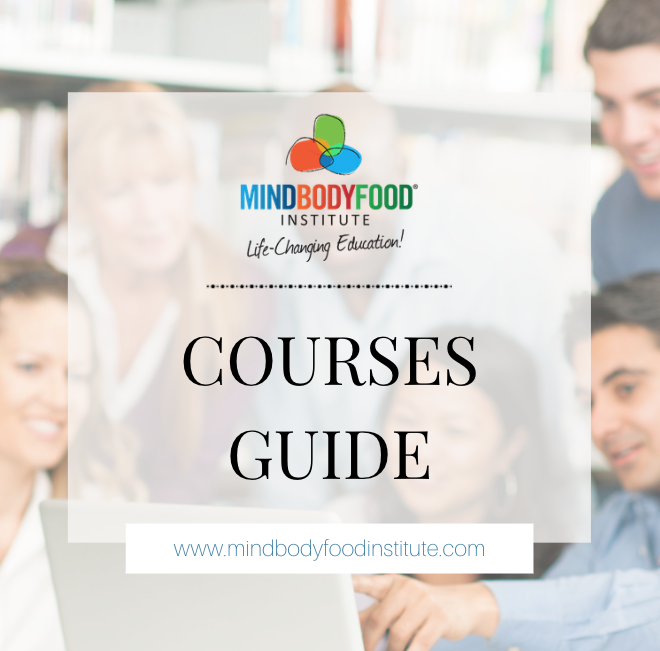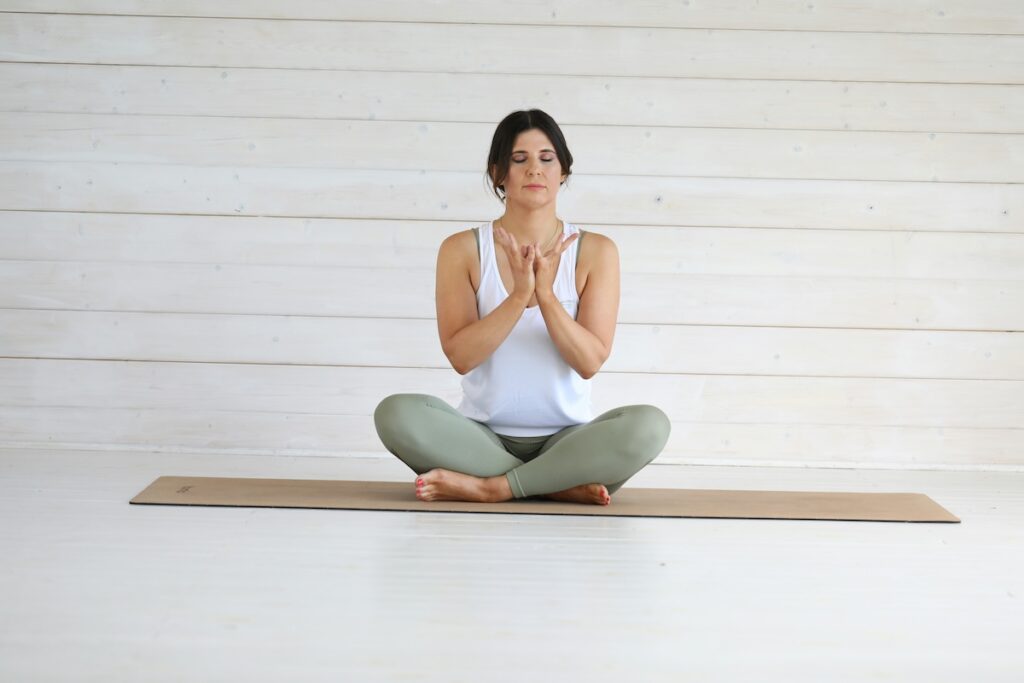To Fight Or Flee?
Stress: A pesky little word that gets tossed around a great deal in modern day life.
We stress about things; we feel stressed by commitments; and people or situations stress us out!
So do you understand stress, and more importantly, how it affects your body?
To combat stress, our bodies have a built-in protection mechanism called the Fight or Flight response. Normal day to day interactions aren’t likely to cause us physical harm, so most of the time our body is (or it should be) in a nice calm state. At any moment that our senses detect danger is approaching, the body reacts by signalling the brain to provide immediate energy, to stand and defend you or run away as fast as it can. Hence, to ‘fight or flight’.
Before your conscious mind even has time to think about what danger you could be facing, your brain has already received the signal and sent out messages to the body in preparation. These messages are sent via the Adrenal Glands in the form of hormones: Adrenaline increases our alertness and energy, while Cortisol mobilises energy and stimulates the appetite to replace it.
This causes the following to occur:
- Heart rate speeds up.
- Blood pressure rises.
- The body heats up.
- Muscle cells fill with fresh oxygenated blood.
This automatic response happens in a split second, before you’re even sure of what you might be dealing with. It’s your body’s way of preparing itself to protect you.
Modern Stress
In prehistoric times this reaction could have meant life or death. In modern life this stress response is activated for longer periods of time because we have a greater level of worry and stress in our lives compared to the basic survival needs of the cave man. These days our bodies aren’t experiencing a nice calm state as often as it was designed to. The longer we operate within our stress response the more our bodies are in constant flux between various types of stress. Our Adrenal Glands can’t tell the difference between fleeing from a lion, being held at gunpoint or running late for work, they merely generate the same physiological responses.
Over time our bodies develop high levels of Adrenaline and Cortisol. The result is an accumulation of stress hormones keeping our bodies on high alert.
This excess of energy production is physically very demanding as our bodies were not designed to always be prepared or preparing for danger. Effectively we are placing ourselves under immense mental and physical pressure until our bodies can take no more.
This is dangerous for us in several ways because our mind and body don’t have a chance to rest and recover.
Symptoms range anywhere between:
- Sleep disorders.
- Skin diseases.
- Heart disease.
- Anxiety.
- Alcohol or Drug Dependencies.
- Chronic pain.
- Stroke.
- Depression.
- Suicide and cancer.
If the balance isn’t corrected we leave ourselves open to a large variety of illnesses, diseases and disorders, directly and indirectly affecting our quality of life.
What can you do?
Most people are unaware of how stress levels creep up on them in their daily lives.
Day to day little frustrations, hurts, grievances, resentments, disappointments, worries and commitments are felt not just in the mind but also in the body. Without rest, relaxation or resolution (mentally and emotionally) they are stored and held onto (physically) creating a greater tension and stress within the body.
This is the beginning of long term muscular tension and the development of a prolonged state of stress.
To combat the stress response our bodies need to revert to a stable condition, a state of calm known as Homeostasis or the Relaxation Response – the complete opposite of the stress response. For example:
In a Relaxed State:
- The heart rate is slower.
- We don’t use as much oxygen because we need less energy.
- We have a greater sense of calm and clarity.
- We can focus our attention more easily.
- Overall we feel relaxed and clear headed.
In a Stressed State:
- Our heart rate is elevated.
- We use much more energy and oxygen.
- Our muscles are tense.
- We feel agitated and tired.
- People generally don’t have a positive outlook because we’re too exhausted and fatigued to gather our thoughts constructively.
Our bodies are always experiencing certain amounts of stress. Eustress, also known as positive stress, provides excitement, challenge and anticipation. This is normal and a healthy part of daily living. However, when the fight-or-flight response is activated for prolonged periods of time it is simply not healthy for us. We need to develop effective stress management techniques to protect ourselves from the long term effects of the fight or flight response and live a more balanced, peaceful and productive life.
Learning to Relax
Even though life is busier now more than ever before, it is essential to schedule daily time for yourself and practice self-care. Ignoring signs of stress will eventually lead to irritability, lower tolerance levels, increased risk of illness and disease, reduced inner peace, and the inability to focus and manage daily stressors effectively. Suddenly, minor occurrences will invoke an uncharacteristic or overly exaggerated reaction, such as short bursts of anger or frustration.
It is essential for your long term health and happiness to effectively manage your stress levels and schedule daily rest and relaxation time.
10 Ways to Activate Your Relaxation Response:
- Ensure adequate sleep to promote rest and recovery.
- Exercise! Energy creates energy, stimulates blood flow and improves mood.
- Learn Meditation, Yoga or Breathing techniques to induce instant calm.
- Recognise the signs of stress in your own body and pay attention to them.
- Write down the issues that are worrying you to see them clearly.
- Allocate 10 mins daily to problem-solving any worrying thoughts.
- Eat regularly to stabilise your blood-sugar and increase concentration.
- Make time to catch up with friends and family.
- Every day take 5-10mins just for yourself and clear your mind.
- Take up or return to activities that you enjoy e.g. reading, writing, drawing.
By applying just a few of these tips, you’ll begin to increase your awareness of just how much stress you are under and how much better you can feel.
If left unmanaged, your tension and stress will eventually become so great that you can no longer tolerate what is too painful to ignore. Your health is in your hands.
Featured image by Doğukan Şahin on Unsplash.
Author:
Viki Thondley
Viki Thondley-Moore is an Integrative Holistic Counsellor, Brain-Based Coach, Clinical Hypnotherapist, Mind-Body Somatic Practitioner, Wellness Coach, Meditation Teacher, Educator and Disordered Eating Specialist. Viki is founder of MindBodyFood and Founder/Director of the MindBodyFood Institute.
DOWNLOAD OUR COURSES GUIDE
Learn More About Our Course Offerings and Discover Which New Wellbeing Career Best Suits Your Passion!








